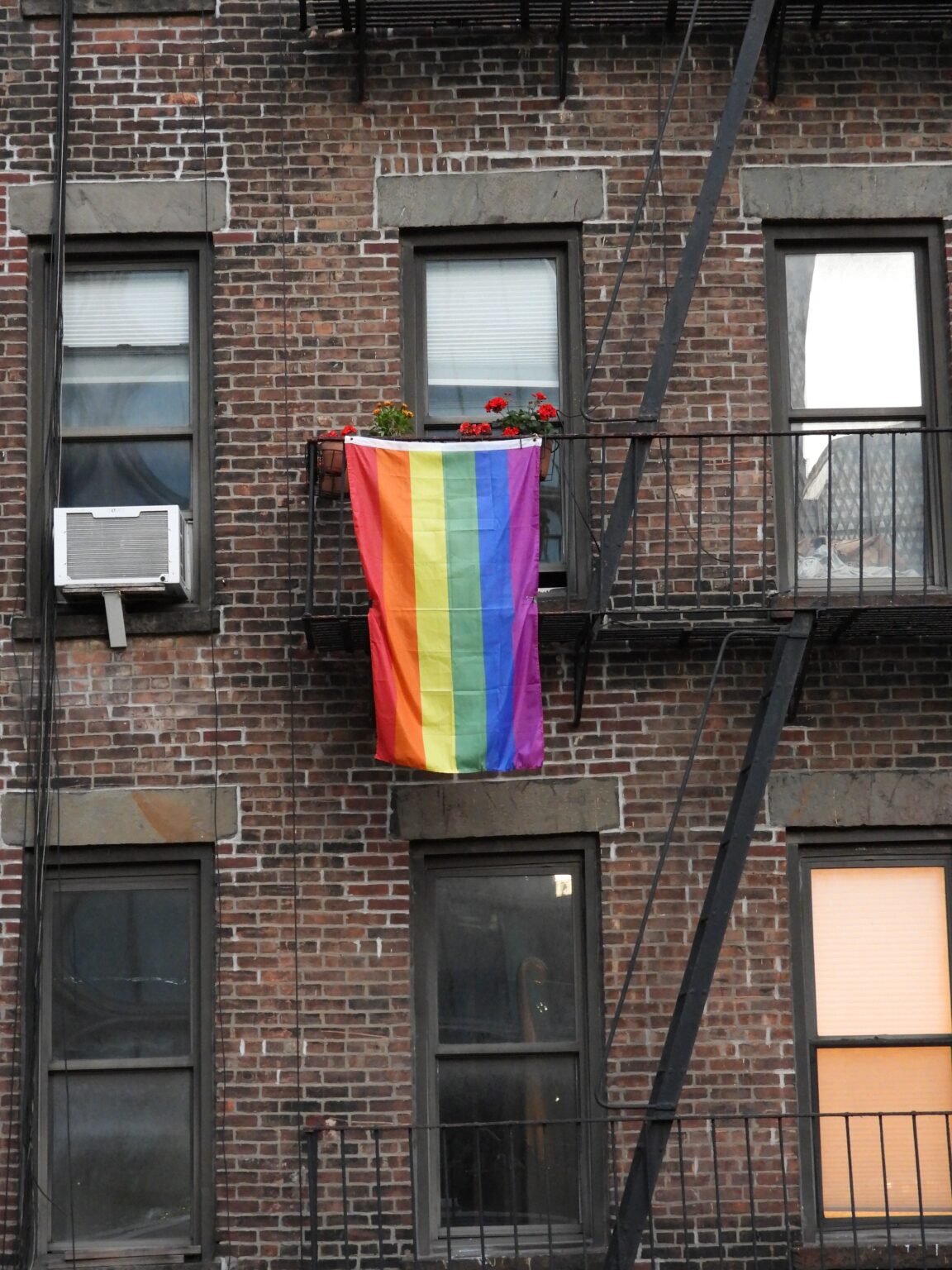Alarming new research shows how LGBTI people are affected every day by inequality

Recent data shows that LGBTI young people perceive the labour market with fear and that most of LGBTI youth living with their families have experienced violence in different parts of Europe. These are among the alarming facts related to the impact of inequality and oppression in LGBTI communities, as identified through ILGA-Europe’s No One Left Behind initiative.
We all may experience highs and lows along our working lives or struggle to find the apartment of our dreams, but chances are that LGBTI people will encounter greater obstacles when looking for job or a home. These are some of the conclusions from the research carried out by grantees of ILGA-Europe’s No One Left Behind fund.
The No One Left Behind fund supported projects addressing socio-economic barriers for LGBTI communities in Europe and Central Asia. Launched in 2020, after the breakout of the global COVID-19 pandemic, the program aimed to enable LGBTI groups and organisations to develop long-term responses to underlying causes of inequalities and oppression, which increase the vulnerability and marginalisation of LGBTI people, especially in times of crisis.
Thanks to No One Left Behind, a number of organisations in Europe and Central Asia mapped the ways in which social and economic inequalities affect the livelihoods of LGBTI people, in particular when these are aggravated by a crisis such as the COVID-19 pandemic. However, these conclusions are only the tip of the iceberg, as there is a real gap in data. Even if comprehensive research is lacking, available evidence already points to the urgency of collecting more information and, above all, taking more action to address the inequalities LGBTI people experience.
Based on the No One Left Behind research, here is a glimpse of the current lived realities of LGBTI people in different parts of Europe:
Access to Employment
? Public officers in access to employment institutions are unaware or not prepared to provide services for LGBT people, and in some cases are homophobic (Kosovo).
? There are high rates of unemployment among marginalised groups such as Roma LGBT people (Serbia).
? LGBTI young people perceive the labour market with fear. Often, they have grown up in homophobic or transphobic families who do not accept them. Schooling experiences are marked with homophobia and transphobia (Romania).
? 25% of interviewed LGBTI youth say that in the absence of a workplace they no longer have money for basic needs, including medical services (Romania).
Safe housing
? On-and-off homelessness is prevalent among surveyed LGBT refugees. Some interviewees reported to sleep at friends’ and changing their location every two days in order to avoid bigger shelters, because of their fear of discrimination (Austria).
? Duration of homelessness among LGBT refugees is typically six to ten months (Austria).
? More than half LGBT youth aged 16 to 29 interviewed live at their family’s home and the majority have experienced some kind of violence (Slovenia).
? 78% of interviewed LGBT youth aged 16 to 29 do not understand their situation as inadequate, although they fit the criteria for inadequate housing (Slovenia).
Trans
? Trans sex workers communities are harshly impacted by violence, exclusion and suicidal ideation (Greece).
? Up to 18 out of 50 trans people surveyed were required to remove their internal genital organs. This was evaluated as very problematic. To require this intervention also prevented persons who wished to transition from doing so (Slovakia).
? Trans people often face issues in their transition due to the lack of preparation of authorities (Slovakia).
LGBT refugees
? The main obstacles encountered by LGBT refugees when seeking support are language barriers and discrimination (Austria).
? 20% of interviewed LGBT refugees receive social benefits. 80% receive support only from individuals from the LGBTIQ community (Austria).
? 95,1% of interviewed LGBT asylum seekers feel depressed and have trouble sleeping. 87% feel anxiety on a regular basis and 41,5% are hopeless about their future (Greece).
? 41% of interviewed LGBT asylum seekers have stated that they have engaged in sexual actions in exchange for food, housing and/or money (Greece).